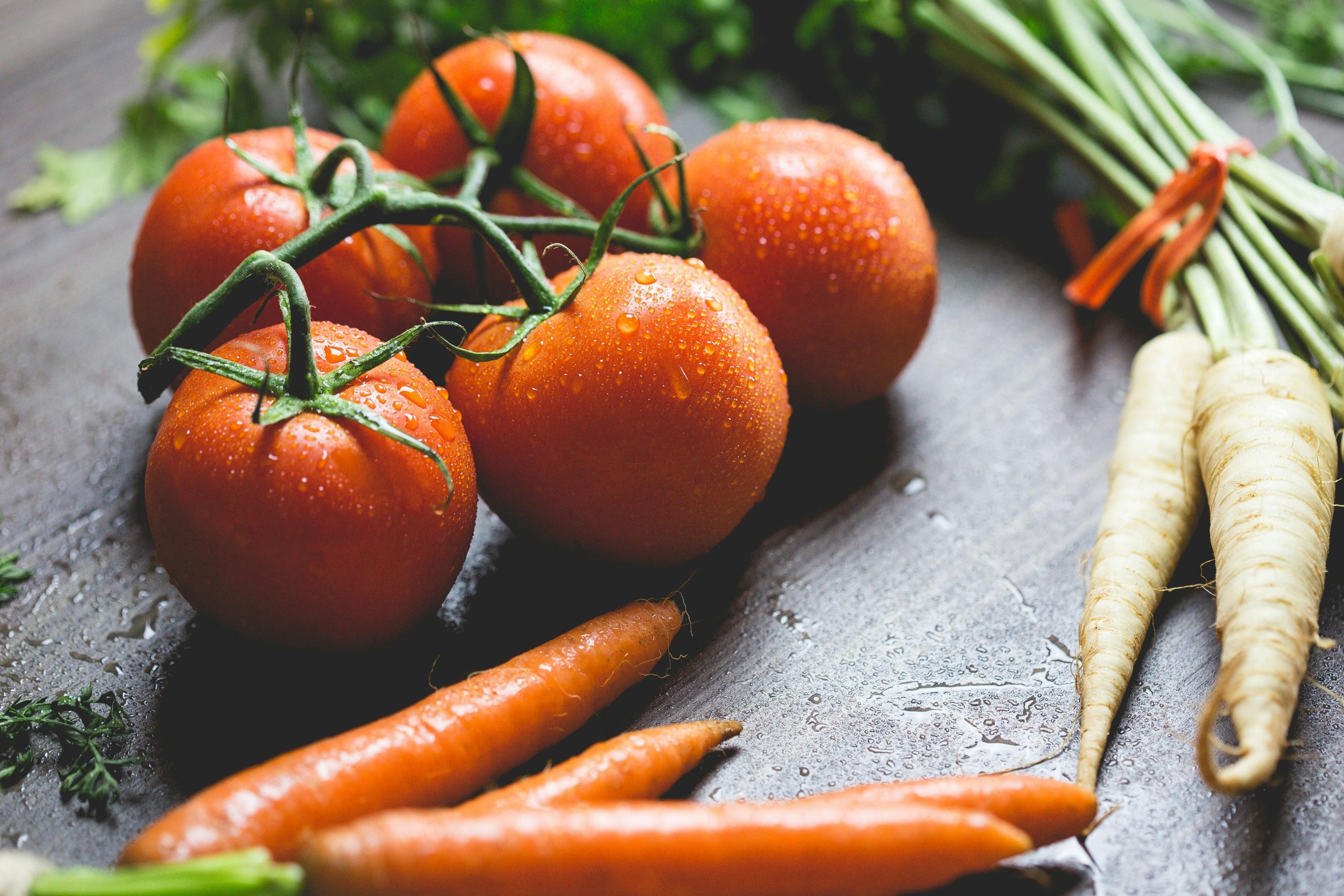High Blood Pressure
High Blood Pressure is known clinically as Hypertension. Blood Pressure measures how much the heart contracts (systolic pressure) and how much the arteries contract (diastolic pressure). Normally average blood pressure is 120(systolic)/80(diastolic) for men and slightly lower for women. A reading of 140/90 is considered suspicious, and above that figure is considered to be clinical hypertension. Experts suggest that intervention in high blood pressures using a variety of treatments – diet, exercise and natural remedies – should start when readings regularly exceed 120/80.
The symptoms of High Blood Pressure include dizziness, headaches, fatigue, breathlessness, ringing in the ears, visual disturbances, and insomnia. High Blood Pressure, if left untreated, can eventually damage the blood vessels, leading to stroke, coronary heart disease, heart failure and many other problems.
Lifestyle seems to play an important role in the development of High Blood Pressure, and is one of the ailments that responds very positively to this. This often eliminates or reduces the need for conventional drug treatment.
Complementary Treatment
8 Simple Ways to Fight High Blood Pressure
Some common-sense natural ways to deal with high blood pressure:
- Eat fewer calories. Lowering your body weight if it is too high is one key way to lower your blood pressure
- Avoid refined carbohydrates eg white flour and sugar, cake, biscuits, white pasta, and sugar-sweetened soft drinks. All these supply empty calories which lead to weight gain
- Cut back on alcohol. Drink no more than ½ pint of beer, 120ml of wine, or 30ml of spirits per day. Higher amounts of alcohol are known blood pressure boosters
- Eat high-fibre foods such as whole grains and vegetables. In addition to boosting fibre, these foods contain nutrients that lower blood pressure.
- Eat deep-sea fish that are rich is essential fatty acids, such as salmon, mackerel and tuna. The Omega-3 Fatty acids in these fish relax artery walls reducing blood pressure. It also makes blood thinner and less likely to clot (a good tip also for economy class syndrome when flying)
- Emphasise foods rich in the minerals magnesium, potassium and calcium. Include: nuts and seeds, green leafy vegetables, legumes, whole grains, avocados, bananas, oranges, and apples
- Stop smoking. Cigarette smoking raises your blood pressure by constricting arteries. It also damages the heart muscle and other tissues by decreasing the amount of oxygen they get
- Take regular aerobic exercise for 30-40 minutes x 3 a week. Such exercise has been shown to lower blood pressure and prevent heart attacks.
The Salt Debate
It is a sure thing that lowering your salt intake lowers your blood pressure. Most people eat too much salt – which is added to a lot of convenience foods – by adding salt when cooking. The average that most people eat is 2-3 teaspoons of salt a day. Try to cut back to a maximum of 1 teaspoon a day all in…the simplest way to do this is to stop adding salt to food.
Herbal Remedies
- Garlic – this familiar cooking herb is known to lower blood pressure and cholesterol, treat infections and prevent cancer. The sure-fire way to lower blood pressure is to eat 1-3 raw, or lightly cooked, cloves of garlic a day. If you cannot stand garlic breath take it as a supplement: 1-3 standardised tablets (providing at least 4,000 mcg of allicin) a day.
- Hawthorn – the leaves, flowers and berries of the hawthorn are general tonic for the cardiovascular system. Hawthorn is perhaps the best known botanical medicine used in the treatment of mild high blood pressure. It improves heart function and helps treat congestive heart failure, irregular heartbeats and angina. It lowers blood pressure by relaxing and dilating artery walls. It is the ideal herb to use in the early stages of high blood pressure. Dosage: 150-1,500mg of powdered standardized extract.
- Reishi – Studies show that Reishi – a Japanese mushroom – lowers blood pressure and reduces “bad” LDL cholesterol. It also makes blood less likely to clot and provoke heart attacks. Dosage: 1,000-9,000mg in capsules per day, or 50-75mg in concentrated capsules x 3 a day
- Dandelion – this familiar herb is a popular home remedy for fluid retention. By gently increasing urine flow dandelion helps to lower blood pressure. In very high does it is a diuretic. The advantages of using dandelion are twofold – it does not cause potassium loss, and almost anyone can find fresh dandelion leaves to make a salad or make into a tea. Dosage: 2-6 cups of tea per day (simmer 1-2 teaspoons of dried leaves in ½ pint of water for 5 minutes), or 1-2 dropperfuls of tincture up to x3 a day
Dietary Supplements
- Calcium and Magnesium – Take 500mg of Magnesium and 500mg of Calcium daily. Both these minerals have been shown to lower blood pressure.
- Natural Source Vitamin E – Begin taking 100iu of natural source Vitamin E and gradually increase to 500iu a day. Vitamin E thins the blood, protecting it from clotting and is also a powerful antioxidant protecting fats against free radical damage
- Multivitamins and Minerals – include a high strength version. The B Vitamins help to support your nerves, control muscle contractions and improves your tolerance to stress
Lifestyle
- Reduce stress – Try to find a method of relaxation that you enjoy whether it is meditation, yoga, walking, swimming or other exercise and do it daily or at least every other day
- Have regular aromatherapy massages – using relaxing essential oils such as ylang ylang, clarysage, sandalwood and rosewood
- Get a pet – researchers from the State University of New York have shown that having a pet can protect against the effects of stress better than drugs designed to lower blood pressure.
Treatments:
Acupuncture, Aromatherapy, Breathing Techniques, Chinese Herbal Medicine, Chiropractic, Counselling, Herbal Medicine, Homeopathy, Hypnotherapy, Massage, Meditation, Naturopathy, Nutritional Therapy, Osteopathy, Psychotherapy, Qi Gong, Relaxation Techniques, T’ai Chi, Traditional Chinese Medicine, Yoga.
